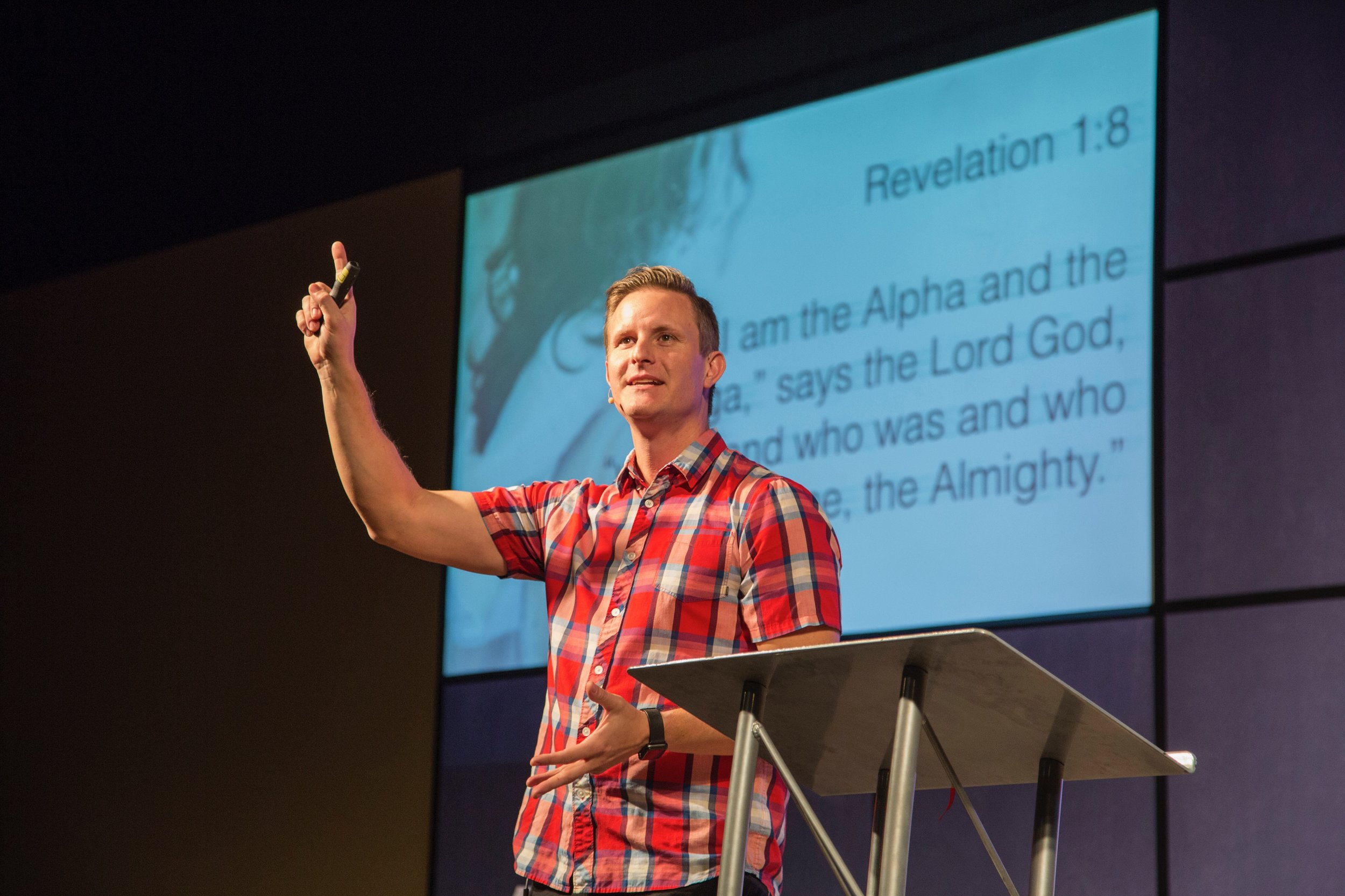On Preaching
Amos 8:11 “Behold, the days are coming,” declares the Lord God, “when I will send a famine on the land— not a famine of bread, nor a thirst for water, but of hearing the words of the Lord.
Whether we want to admit it or not preaching is a vital element to the life, and growth, of a church. According to Thom Ranier “The reason 90% of unchurched people choose a church is the pastor/preaching, (1). I am not suggesting that we do not challenge our over-dependence on the sermon in the service. However, we need to face reality. We can preach all day (pun intended) that the sermon should not be so important, but the reality is—it is. Effective preaching is essential to church growth. So how can we preach better sermons? Effective sermons take time, they are relevant, and they are evangelistic.
The most effective preachers spend 20+ hours per week in sermon preparation. Thom S. Rainer’s research found a correlation between sermon preparation time and overall church health: “Simply stated,” he says, “when the pastor spends more time in the Word, the church tends to be healthier.” (ibid).People know, 5 minutes into a sermon, whether you have spent adequate time in the Word, or if you’re just “winging it.” With all the responsibilities of a pastor how can we dedicate 20+ hours, per week, to sermon prep? You have to schedule it, and safeguard it. It’s called “timeblocking” Personally, I block 6-11 AM for sermon preparation. My family knows it, my church knows it. Obviously, occasionally, emergencies happen that will invade that time. But let’s be honest most “emergencies” are not emergencies. Not all things, that can consume our time as pastors, are created equal. We need to keep the first things first. According to the 80/20 principle “the minority of causes, inputs, or efforts usually lead to a majority of the results, outputs, or rewards—Just the right input creates most of the output.” (2). If we started to spend 80% of our time in the areas that produce most fruit, naturally, we will start to produce more fruit in our ministry. Good sermons take time
Secondly, a good sermon is relevant. We need to speak to the hopes, fears, dreams, and idols of our culture.Timothy Keller in one of his sermons remembers; “I was in my twenties, and I preached a sermon on the sovereignty of god. Like most sermons preached by 20-year-olds, it wasn’t very practical. It was right out of the systematic theology textbook. It was all about how God knows all things. He is omniscient. He is omnipotent. He is omnipresent. I was looking for more “omnis” because I love those words. You feel so smart saying them.” however he continues to share how the sermon was not very practical because it didn’t connect to the daily life of his membership. Every sermon we preach should speak to the daily lives of our people. Speaking to current events, timeless struggles, and cultural idols will give your sermons a prophetic edge. Connecting the Gospel to relevant subjects that are in the news, and on the minds of people, is where transformation happens. It does not matter how informative your 2300 Days prophecy sermon is if it does not meet the needs of people. When a sermon does not confront, confirm, and give hope to people in their daily walk it never becomes personal. How does your sermon give hope to married couples, singles, young people, and seniors? Start speaking the everlasting Gospel to the job-losses, and the divorces, to the frustrations, doubts and depressions of people, and see the eyes of your congregation begin to light up. Preach a gospel that never changes to people and predicaments that are constantly changing. A sermon is not about information, it’s about transformation. Which brings us to our last point.
Finally, every sermon should be evangelistic in nature. Make appeals to the heart. Let the gospel step on your toes, while it steps on the toes of your people. When I write a sermon I imagine I am preaching to 200 “Richies”(me).If it meets my needs, chances are it’s going to meet the needs of my members. The cross should be the center of every sermon. If Jesus is not lifted up—do us, and yourself, a favor DON”T preach it. People don’t come to church just to laugh or learn. People come to church, whether they know it or not, to experience “new creation.” People come to church to experience the “good news,” εὐαγγέλιον (evangelion). People want to know that although, at times, our situations seem hopeless, we serve a God who thrives in hopeless cases, empty tombs and rugged crosses. He called disciples who had problems with ego, cussed like sailors, and had terrible tempers. If God transformed them—He can transform me. Preaching is not about information, it is about transformation, which comes through the Incarnation. Allow the Gospel to become flesh and blood in your sermons. Touching people where they are, yet challenging them to give a greater piece of their heart to Jesus, “the founder and perfecter of our faith, who for the joy that was set before him endured the cross, despising the shame, and is seated at the right hand of the throne of God.” Hebrews 12:2
http://thomrainer.com/2013/06/how-much-time-do-pastors-spend-preparing-a-sermon/
Keller, Gary and Jay Papason, The One Thing, Bard Press
Timothy Keller, Sermon

